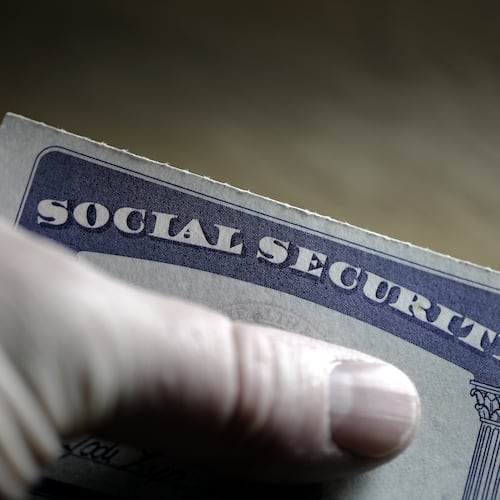Fulfilling another long-promised Democratic Party priority, a U.S. senator from Delaware introduced a bill Wednesday to make the District of Columbia the nation’s 51st state.
Sen. Tom Carper announced on social media he has introduced the Washington, D.C., admission act.
Statehood for D.C. and Puerto Rico became a divisive issue on the campaign trail last year, despite statehood for the island territory being part of the GOP platform. Republicans warned voters that the moves could create new reliably Democratic seats in Congress, including four in the Senate. Democrats have a razor-thin majority in the Senate, not enough to overcome a 60-vote filibuster for legislation if another D.C. statehood bill were to make its way from the House.
While D.C. Mayor Muriel Bowser called on Capitol Hill to put a statehood bill on President Joe Biden’s desk within the first 100 days of the new Congress, she also urged lawmakers to separately rethink command of the D.C. National Guard, an issue that became central during the Jan. 6 Capitol riot.
Unlike neighboring Virginia and Maryland, the District has no governor. Bowser had no way to unilaterally deploy National Guard troops under her own authority. Statehood advocates argue if Bowser had been able to command troops, the mob could have been dispersed more quickly or repelled entirely.
And D.C. Democratic Delegate Eleanor Holmes Norton, who has been in the House for three decades and was able to shepherd a statehood bill through to passage in the chamber last year, has sent a flurry of announcements in the past couple of weeks with proposals she plans to revive to give the city more autonomy should statehood fail in the short term.
Public opinion remains a key arena. The statehood vote in the House last summer “informed the country about D.C. statehood,” Norton said, and this go-round may sway more lawmakers and their constituents, especially in the wake of the Capitol attack.
Meantime, Norton said small steps are better than none. “I don’t suggest that statehood is around the corner,” Norton said. “I am saying that the building of support in the House and the Senate is how we’re going to get this done.”
That argument has been taken up by 51 for 51, a coalition of organizations working for statehood. “This is what happens when D.C. is left without the authority to protect ourselves,” the group tweeted in the aftermath of the chaos.
“The whole country could see how the mayor of D.C.’s hands were tied in how she could respond to the chaos on Capitol Hill in a way a governor’s wouldn’t be,” says Emily Phelps, the group’s press secretary. “People get that the status quo is not OK, and it’s certainly not progressive.”
The politics are a little shaky, as left-leaning advocates test out the vocabulary of security and law and order, more commonly embraced by the right. Meanwhile, residents of the District are feeling conflicting emotions as thousands of National Guard troops remain in the city, helping law enforcement patrol the downtown core.
The Associated Press contributed to this report.
About the Author
The Latest
Featured



